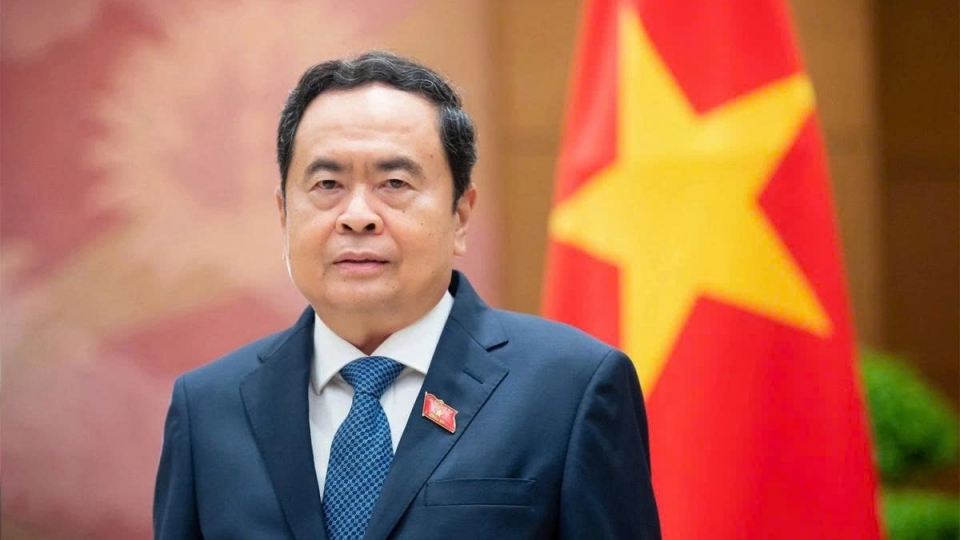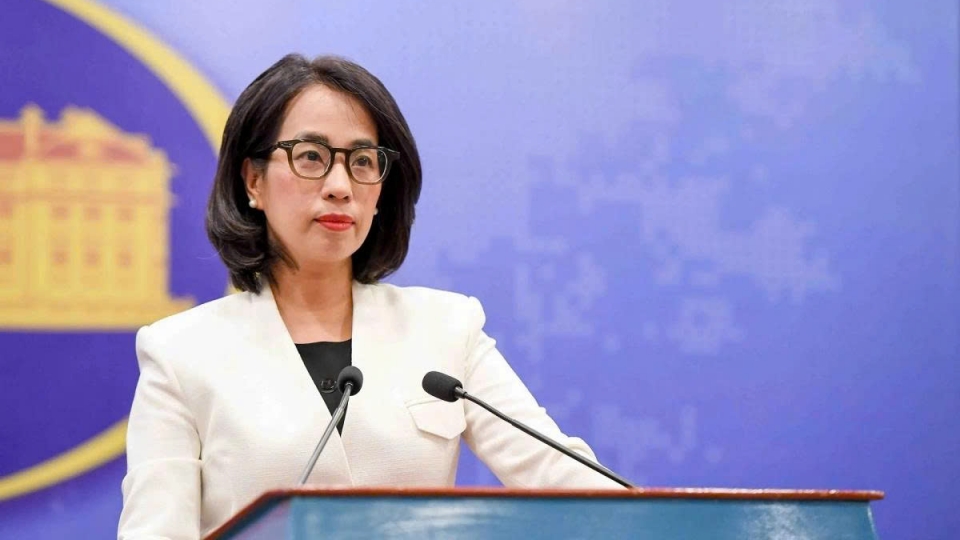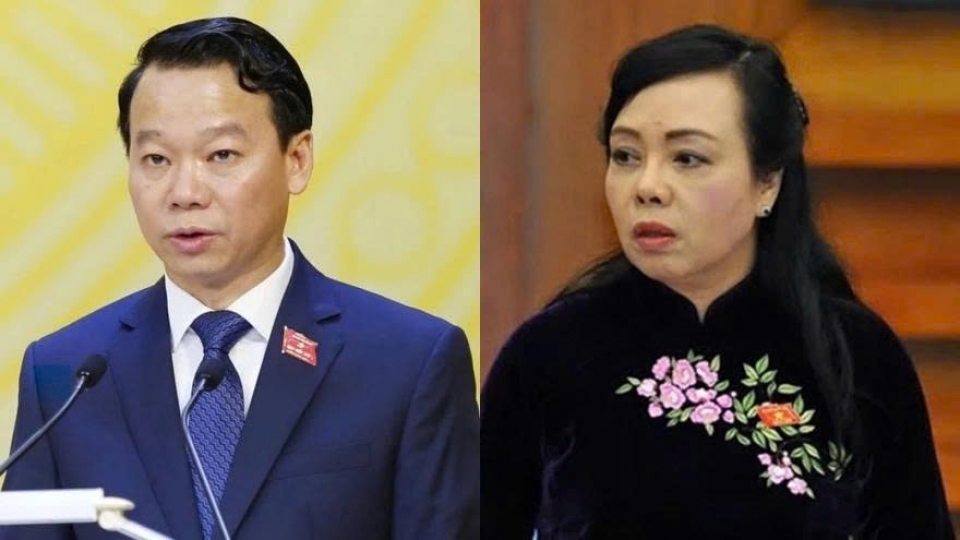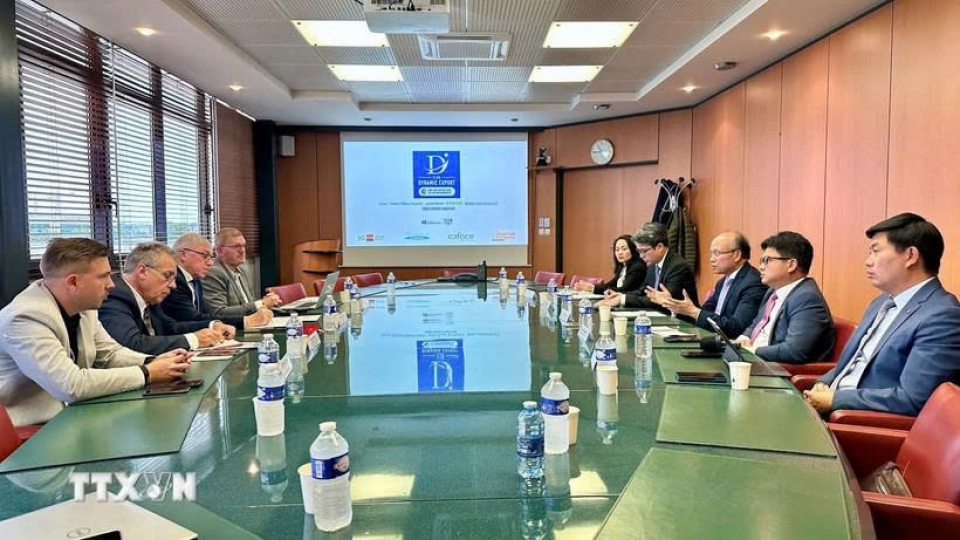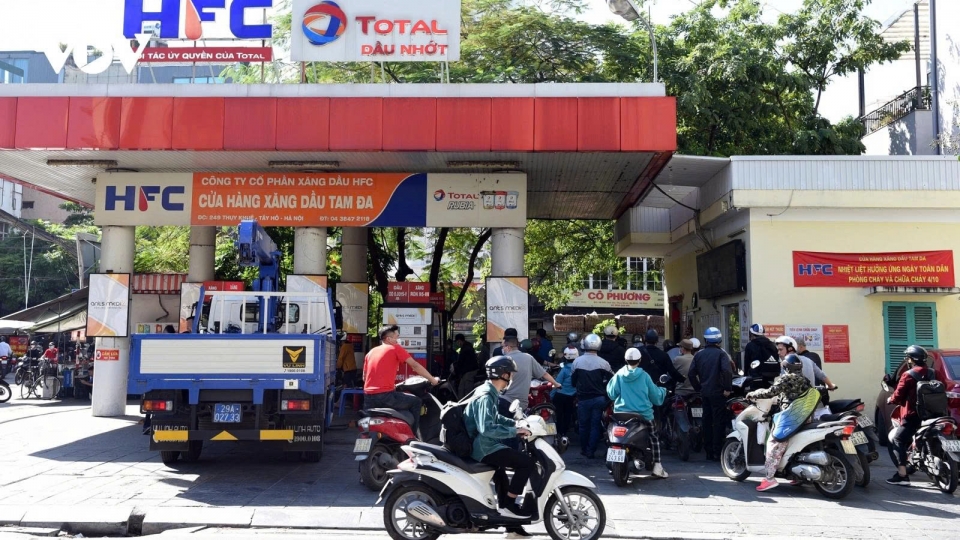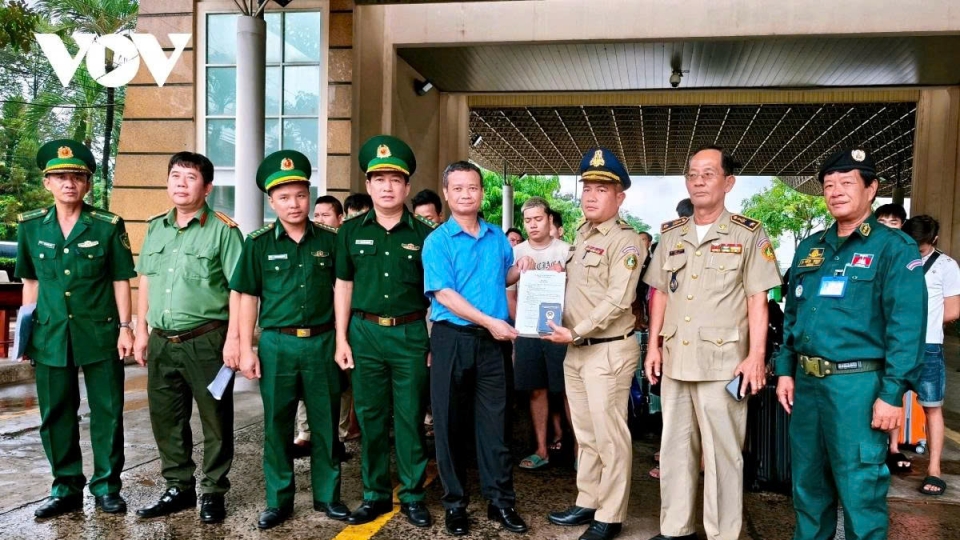Tag: eco-industrial park
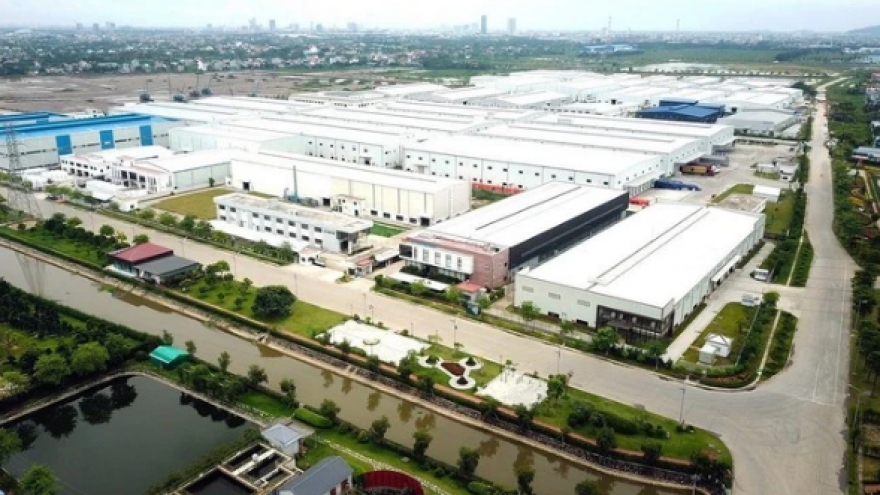
Vietnam scales up eco-industrial parks to promote sustainable development
The eco-industrial park (EIP) model is emerging as a key driver of Vietnam’s industrial and economic development. This approach not only delivers economic benefits to businesses and communities but also plays a crucial role in environmental protection and enhancing workers' quality of life.

Switzerland aids over US$3.34 million to develop circular economy in Vietnam
Deputy Minister of Planning and Investment Do Thanh Trung has announced that his ministry received over US$3.34 million funded by Switzerland’s State Secretariat for Economic Affairs (SECO) to promote circular economy and mitigate climate change impacts in industrial zones in Vietnam.
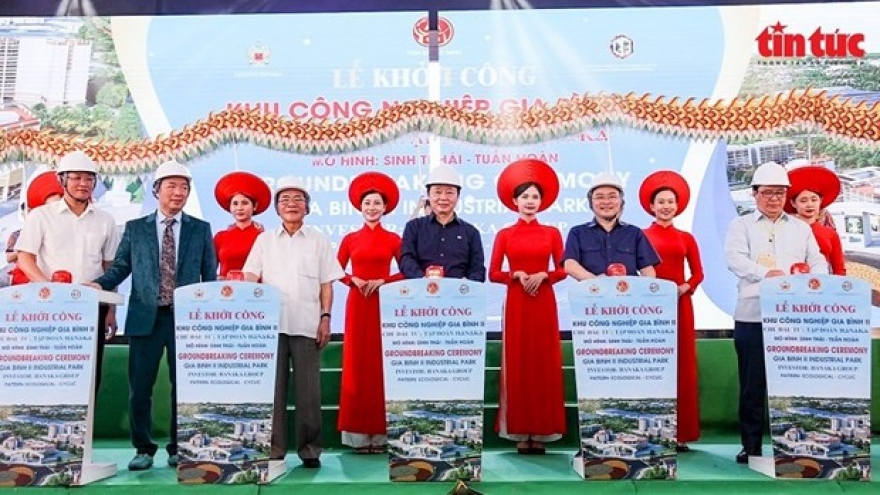
Construction of first eco-industrial park in Bac Ninh starts
Hanaka Group JSC has commenced construction of the first eco-industrial park in the northern province of Bac Ninh.
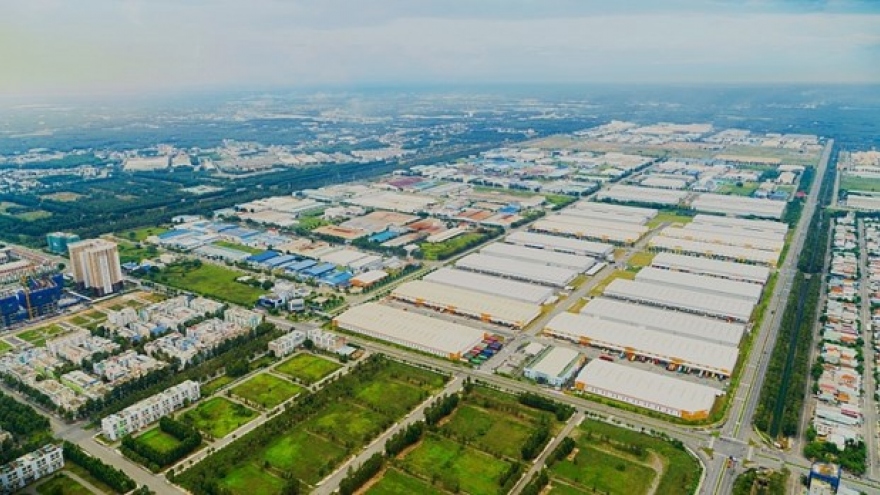
Vietnam promotes development of eco-industrial parks
Vietnam aims to become a developed country by 2045 and achieve net zero emissions by 2050. It is considered an ambitious goal but also a challenge for a developing country like Vietnam.
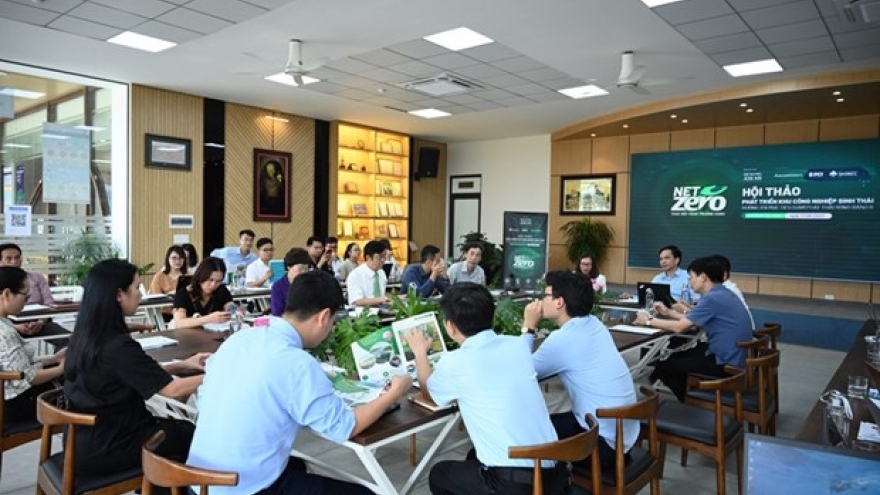
Vietnam encourages development of eco-industrial parks
Developing eco-industrial parks towards net zero emissions was the focus of discussions during a recent seminar held in Hai Phong city’s Nam Cau Kien industrial zone by the Mekong ASEAN Magazine under the Vietnam-ASEAN Association for Economic Cooperation Development.
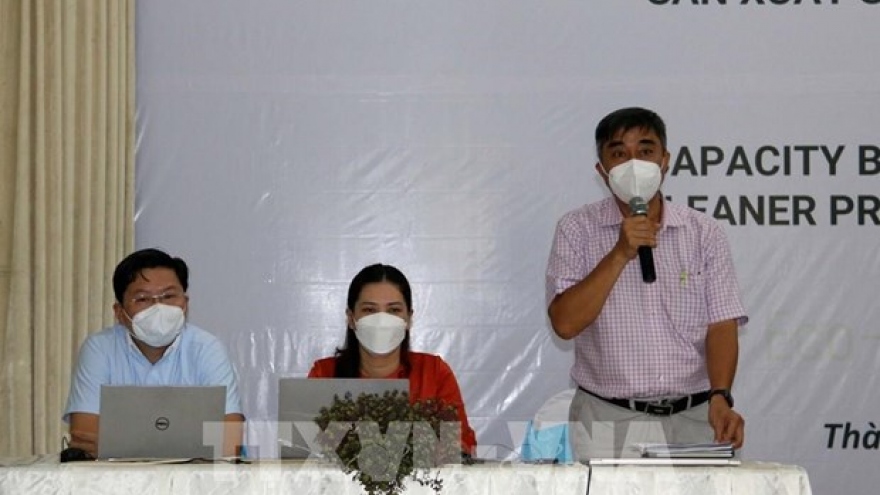
Seminar discusses how to shift IZs, EPZs into eco-industrial parks
The Ministry of Planning and Investment, in collaboration with the UN Industrial Development Organisation and the Management Board of Industrial Zones (IZs), and Export Processing Zones (EPZs), have held a seminar in Ho Chi Minh City, discussing how to turn IZs and EPZs into eco-industrial parks.
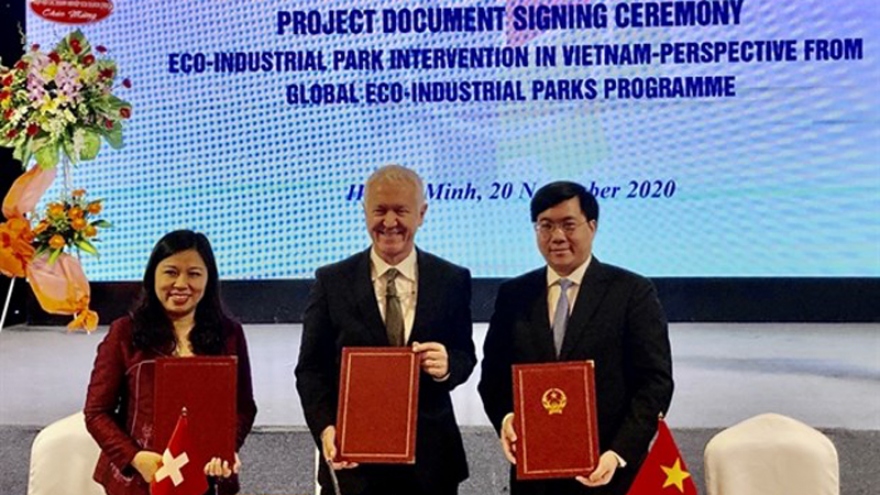
Project launched to develop eco-industrial park model
The Ministry of Planning and Investment (MPI) and the United Nations Industrial Development Organisation (UNIDO) have launched the project “Eco-industrial Park Intervention in Vietnam - Perspective from the Global Eco-Industrial Parks Programme”.

